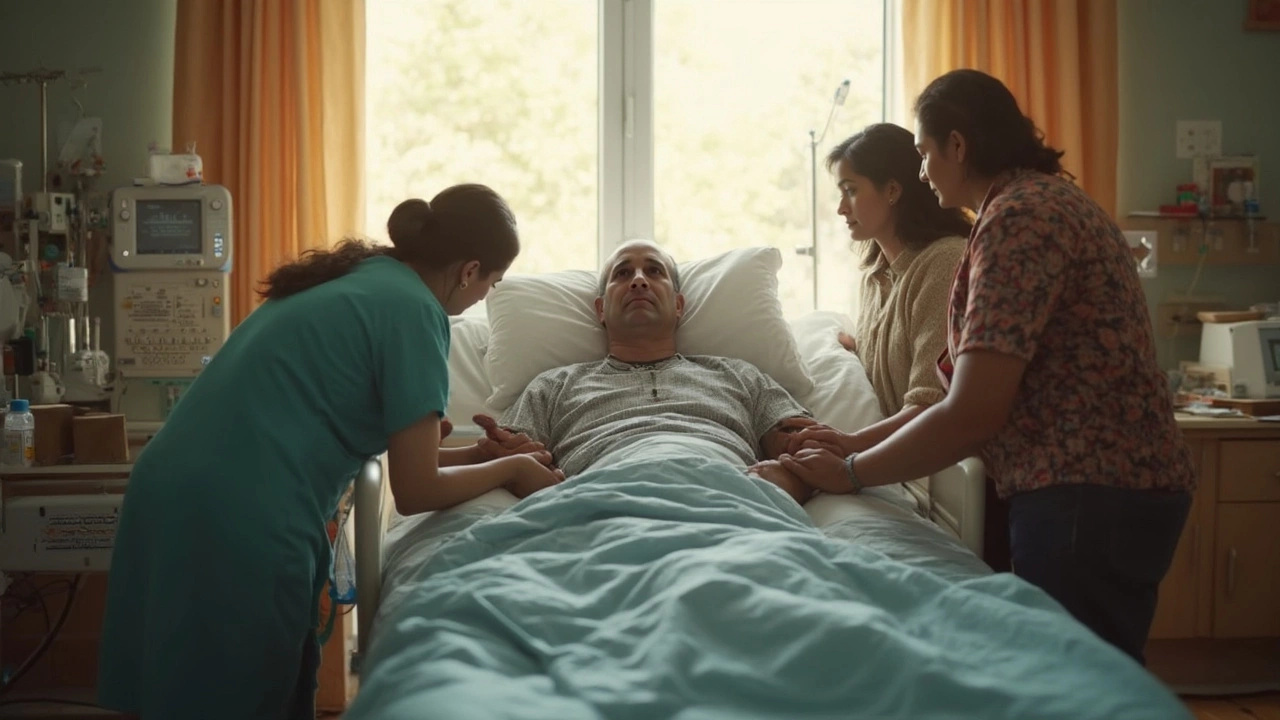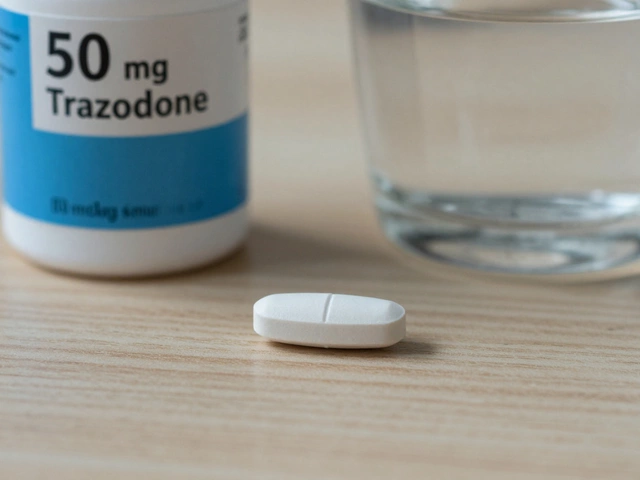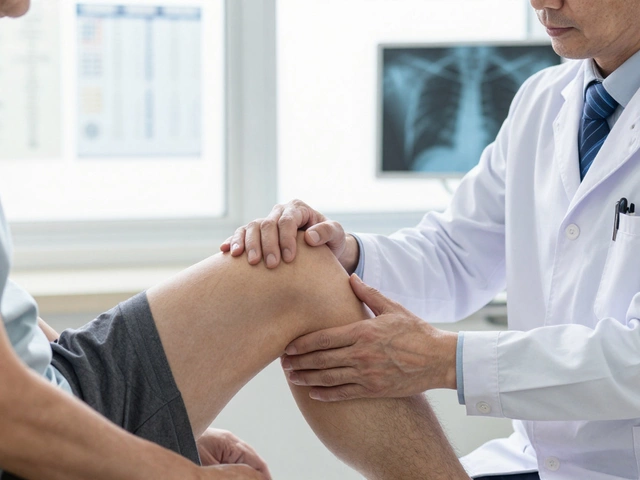Heart surgery isn’t just another hospital visit; it’s a physical and mental marathon. Even though technology has made operations safer, the truth is, your body takes a heavy hit when your chest is opened and your heart is stopped. Some folks bounce back faster, but for most people, the recovery is a rough ride.
You’ll hear a lot about 'open-heart surgery'—that’s usually code for procedures like coronary artery bypass grafting (CABG), where surgeons have to cut through your breastbone and let your ribs heal all over again. The pain sticks around, but the exhaustion? That’s next level. Simple things, like sitting up in bed or walking to the bathroom, feel like you’ve just run a marathon, and that’s just day one.
But there’s good news. Recovery isn’t just about resting; it’s about smart choices and building up your strength bit by bit. Understanding what actually happens during and after surgery will help you set real expectations—and maybe even make things a little easier when it’s your turn.
- Why Some Heart Surgeries Hit Harder
- What the Recovery Really Feels Like
- Surprising Facts Most People Don’t Know
- Smart Recovery Tips That Actually Help
Why Some Heart Surgeries Hit Harder
Not all heart surgeries are created equal. Some are way tougher to recover from, and it boils down to how deep surgeons have to go and what they actually do in there. The big one everyone talks about is heart surgery itself, especially open-heart procedures like coronary artery bypass grafting (CABG) and valve replacements.
With CABG, doctors don’t just make a small cut. They split your breastbone, put you on a heart-lung machine that does the pumping for you, and sometimes stop your heart entirely. This isn’t like getting your appendix out. That bone has to heal (sometimes over months), and it messes with everything you do. Even breathing deeply can hurt for weeks.
After a big operation, your body isn’t just healing one part. It’s fighting off infection, dealing with pain, and rebuilding your energy. If you have other health problems—like diabetes or lung issues—recovery drags out even more. Older folks usually take longer too, because their bodies don’t bounce back as fast.
- Bypass surgeries are rough because of the bone healing and the blood vessel grafts (usually from your leg or arm).
- Valve surgeries can be tricky, and when they’re combined with bypass, it’s double the trouble.
- Heart transplants? That’s the top of the mountain. Recovery is way longer, and you’re on medication for life just to keep your body from attacking the new heart.
Here’s a quick look at average recovery timelines for different heart surgeries:
| Type of Heart Surgery | Average Hospital Stay | Full Recovery Time |
|---|---|---|
| Bypass (CABG) | 5-7 days | 6-12 weeks |
| Valve Replacement | 5-8 days | 8-12 weeks |
| Heart Transplant | 10-14 days | 3-6 months |
| Minimally Invasive | 2-4 days | 3-4 weeks |
If you’re curious why it’s so hard, think about it: your heart is the engine of your whole body. Anything that roughs up the main motor is bound to put you out of commission. Big operations mean big recovery, and ignoring that fact just makes it tougher to heal right.
What the Recovery Really Feels Like
Let’s be real: recovering from heart surgery is way harder than most people expect. The first thing that hits you is pain, right smack in the chest. Your breastbone has been split open and wired shut, and even breathing deeply feels like work. Coughing or sneezing? That’s like getting punched every time.
Here’s the ordinary, raw truth about the first few days after surgery:
- Extreme tiredness. You might nap for minutes, then wake up exhausted again. A simple walk down the hall wipes you out.
- Swollen legs and feet. All that high-tech surgery stuff messes with your circulation, so expect your ankles to puff up for a bit.
- Weird mood swings. It’s not just you. Anesthesia, pain, and stress can make you feel down or angry for no clear reason.
- Tubes and wires. For the first couple days, you’ll have drains poking out of you and wires stuck to your chest (for monitoring, not decoration).
- Massive appetite change. Foods you loved might taste bland, and it takes a while before regular eating feels normal.
It’s not all physical, either—anxiety is through the roof for weeks. You’ll constantly worry about the stitches holding, or wonder if every little twinge means trouble. And sleep? That’s rough, since you have to stay on your back for a while and can’t really find a comfy spot anyway.
Most people spend five to seven days in the hospital after open-heart surgery. Don’t expect to feel normal for at least six to eight weeks—sometimes longer if there are complications. Check out some real-world stats from a few published studies:
| Recovery Stage | Typical Duration | Common Issues |
|---|---|---|
| Hospital Stay | 5–7 days | Pain, fatigue, drains & monitors |
| Full Return to Daily Activities | 6–12 weeks | Weakness, chest & leg pain, mood swings |
| Resuming Exercise | 8–12 weeks | Shortness of breath, muscle soreness |
| Emotional Recovery | 2–6 months | Anxiety, depression, lack of motivation |
If you hear people say they bounced back in two weeks, they’re sugarcoating it. The reality is, you’ll move slowly, nap a lot, and measure your progress in inches, not miles, at first. But every tiny gain matters—and you won’t be stuck in bed forever.

Surprising Facts Most People Don’t Know
You probably think recovery from heart surgery just means lying in bed and waiting to get your energy back. There’s actually a lot more going on. Here are some things a lot of people—even those who’ve had other big surgeries—don’t expect:
- Your taste buds might get weird. About one in three people say food tastes totally different after major heart surgery. Sometimes it’s the anesthesia, sometimes it’s medicines. Bland meals suddenly taste metallic, and favorites might be off-putting for weeks.
- The "heart pillow" is a real thing. Doctors give you a firm pillow to hug when you cough, sneeze, or even laugh. Otherwise, the pain from your chest incision can be brutal. Sounds silly, but you’ll use it every day.
- Memory and mood changes sneak up on you. People call it "pumphead," when memory feels fuzzy or you feel way more emotional than normal. Up to 50% of patients notice their thinking is off for a few weeks—and partners are often the first to pick up on it.
- Weight loss isn’t guaranteed. You’d think surgery and a hospital stay would make anyone drop a few pounds. Funny thing is, some folks actually gain weight from IV fluids and days in bed. It usually drops off, but it’s not what you expect at first.
- Everyday stuff can feel impossible. Pulling a shirt over your head or even brushing your teeth can leave you wiped out for a while. Getting back to normal takes patience and lots of self-encouragement.
| Surprise | How Common? | How Long? |
|---|---|---|
| Strange Taste Changes | 30-40% of patients | 1-6 weeks |
| Brain Fog (“Pumphead”) | About 50% of patients | Up to 3 months |
| Using a Heart Pillow | Nearly everyone | 2-8 weeks |
| Fluid Weight Gain | 20-30% of patients | Usually resolves in 2 weeks |
| Mood Swings or Anxiety | Up to 30% of patients | Several weeks to months |
Also, here’s a wild one: a small group of people says their personality even changes a bit after heart surgery. It doesn’t happen to everyone, but sometimes close family will spot it. Don’t freak out—it’s usually temporary and can be part of your body recovering from the shock.
No one talks much about how heart surgery messes with sleep, either. Most folks end up with really weird dreams or just straight up can't fall asleep for a few nights. Best trick? Try to nap during the day. Your body isn’t going to heal if you push through exhaustion.
Smart Recovery Tips That Actually Help
Good recovery after heart surgery isn’t about luck. It comes down to a few key moves and being consistent every single day. Here’s what really makes a difference, straight from real hospital routines and advice doctors actually give their own families.
- Move as soon as you’re allowed. Sitting up, standing, and taking a few steps (with help) are big milestones. Every little walk adds up and keeps your lungs and legs strong. Some hospitals even track your steps, aiming for 250-500 steps on your first days out of bed.
- Breathing exercises matter. A lot of people get pneumonia after surgery because their lungs aren’t working at full strength. Using that weird plastic thing called an "incentive spirometer"—you’ll probably get one—helps prevent this. Most nurses want you to do 10 deep breaths an hour while awake.
- Listen to your body—not just the pain meds. Pain is one thing, but exhaustion and even mild fever can signal you’re overdoing it. Resting is just as important as moving. Stick to the routine, but stop if you feel woozy or short of breath.
- Don’t blow off wound care. Keeping your incision clean and dry isn’t negotiable. Infections set back recovery by weeks and could mean another trip to the OR. Change bandages as directed and call your doctor if you see redness, discharge, or if it feels hot.
- Ask for help with chores. Lifting, bending, and pushing—think vacuuming or hauling laundry—can mess up your healing chest bone. Most surgeons say no lifting more than 10 pounds for at least six weeks. If doing something makes you feel like you’re straining, wait or ask for a hand.
Here’s how some of those key “don’ts” and milestones really stack up in the first weeks:
| Activity | When to Try (Typical Guidance) | Red Flag |
|---|---|---|
| Walking to bathroom | Day 1-2 | Dizzy or chest pains |
| Showering alone | Day 3-5 | Shortness of breath |
| Walking outside | Week 2-3 | Extreme fatigue |
| Lifting over 10 lbs | After 6 weeks | Incision pain increases |
Fact: At home, more than 25% of people try to do too much, too soon—mostly guys feeling stubborn. This leads to setbacks that can mean the difference between a smooth recovery and extra hospital visits. Stick to the pace your medical team sets, not what you think you “should” be doing.
If you’re feeling low or anxious, that’s actually pretty common! Up to a third of patients notice mood dips or even depression. Don’t ignore mental health—reach out to your doctor, and involve friends or family to check in with you daily. Even something as simple as chatting with a buddy or joining a post-surgery support group online can make the days go much faster.





